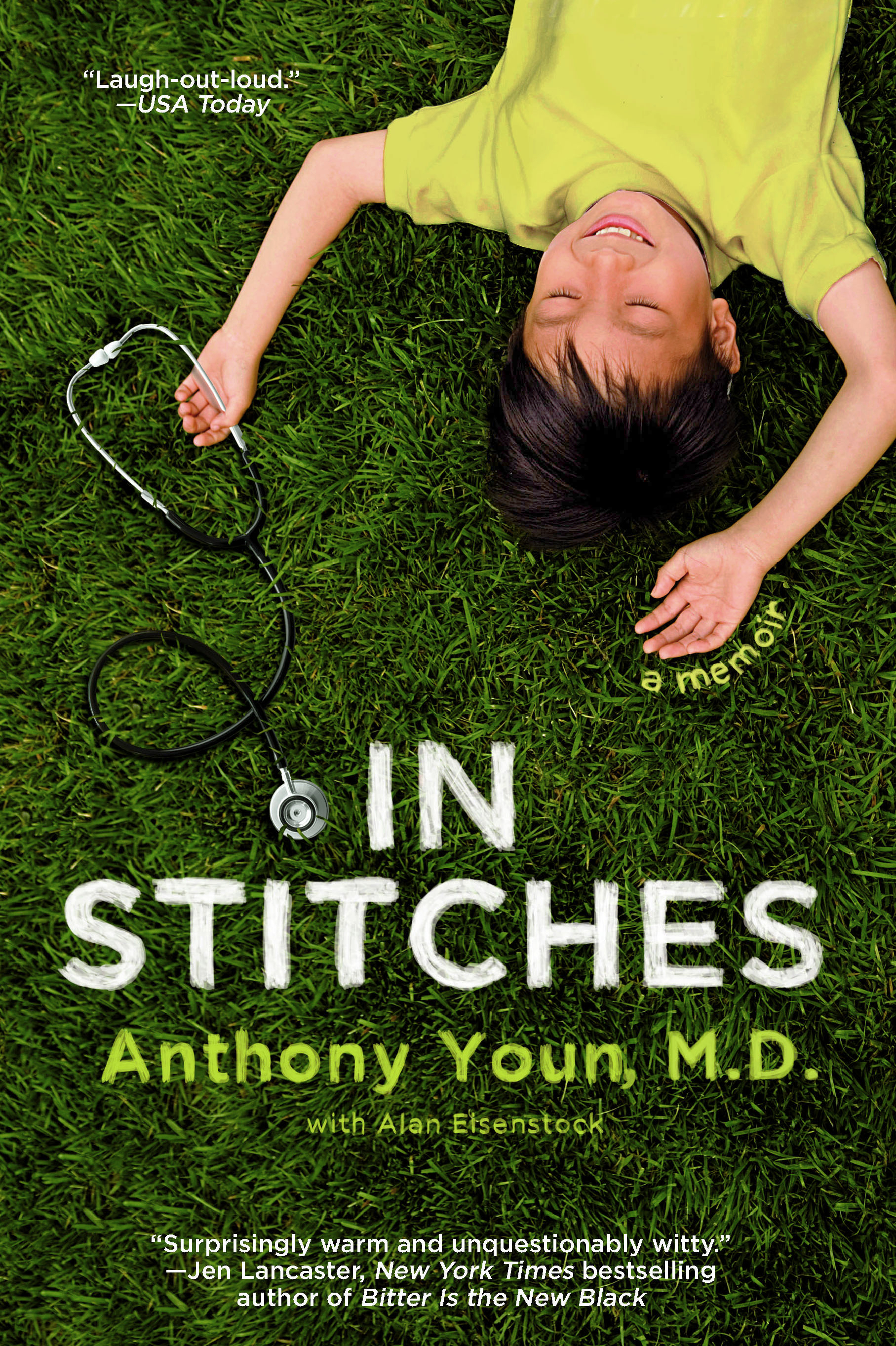Deleted Scene:
Who’s The Boss?
In med school and in life, it’s good to know who’s in charge.
Year three. Clinical rotations. The hospital.
In my short white coat, I pick at a questionable Chinese chicken salad in the hospital cafeteria with Dr. Yomama (a made up name).
“So, Tony,” he says, dabbing at some mustard that’s clumped and hardened at the corner of his mouth like a mole. “Who’s in charge?”
I have no idea what Yomama is talking about but I don’t want to seem like your typically clueless third year so I stall. “By in charge, you mean what exactly?”
“By in charge I mean in charge. In the hospital. Who’s the boss? Who runs the place?”
“Oh, sure,” I say. “Well, okay—”
I clear my throat, stall some more. Is this a trick question?
“You have no idea, do you?”
“Yes, well, no.”
“This is important, Tony. You have to understand the hospital hierarchy. Take a shot. How do you think it goes?”
I lean back in my chair. I study Dr. Yomama’s face, looking for a tell. He’s not giving me anything. I decide to go for it. “Well, obviously, at the top of the food chain you have the attending physicians, you guys, the gods, the kings of the mountain.”
“Nice,” Yomama says. “Keep going.”
“Then you have your resident physicians, gods-in-training.”
“You’re on a roll.”
“Then comes the interns, followed by us, the medical students. Below us you have the nurses, then the pharmacists, unit secretaries, nurses’ assistants, pharmacy students, cafeteria workers, and the cleaning crew.”
“Wow,” Yomama says. “Impressive.”
I beam. “Thanks.”
“Impressive. And totally wrong.”
I blink in disbelief. “Really? I’m off?”
“You’re not just off, you’re barely in the same hemisphere.”
“Well, who runs this place?”
Dr. Yomama balls up his napkin and shoots it like a foul shot into a trash receptacle ten feet away. “Come on. I’m gonna introduce you to the boss.”
I ride the elevator with Dr. Yomama. The doors hiss open at the third floor and Yomama springs out and sprints down the hall. I match him stride for stride. He pulls up at the nurses’ station. He smiles at a woman on the phone. She wears lime green designer glasses and her short cropped silver hair peeks out of a raised white hat that makes her look like a head chef. Her nametag reads: “Victoria Zwirko, Charge Nurse.”
She nods at Dr. Yomama and holds up her index finger. She finishes her call, folds her hands in front of her. “Hello, Doctor.”
“Hello, Vicki. This is Mr. Youn. Third year. He’s curious. He wants to know who runs the hospital.”
“Oh.” Vicki shrugs. “Me.”
I fight back a smile. Yomama and Vicki are obviously playing me.
“Well, to be more specific, the nurses,” Vicki says.
Yomama hits me now with a different smile, a smile that says, I am being real. This is how it really is.
He turns back to Vicki. “Help me out. I don’t know what to do with the patient in room two fifteen.”
“Lasix twenty milligrams.”
“Great. Take a verbal order for Lasix twenty milligrams and I’ll sign it later. Thanks for having my back.”
They fist bump.
Nurse Zwirko cradles the phone receiver against her ear and waves at Yomama. We head down the hallway.
“So she’s in charge?”
“Yep. Most of the time nurses hit us with pages that are rhetorical. They know what to do but they need our blessing. Doctor, would you like to give the patient a stool softener? Come to think of it, I would, yes, thank you. Doctor, would you like the patient to have Ibuprofen? Yes, exactly. Many interns are too full of themselves to ask a nurse what to do. Big mistake. They learn the hard way.”
“The nurses run the hospital,” I say, trying it on.
“Make it your mantra.”
“So, the hospital hierarchy, can I give it another try.”
Yomama grins. “You’re gonna need a little help. May I”
“Please.”
“Top of the heap you have your benefactors, the people with more money than God, who have buildings named after them. Then you go to the hospital administrators, the people who decide what to do with the money the benefactors give the hospital. They make all the important decisions, decisions that may not always be in the best interest of doctors and patients. Your turn.”
I tick them off on my fingers. “Attending physicians, nurses…”
Yomama nods vigorously. I continue. “Residents—”
“Then pharmacists,” Yomama says.
“Then interns,” I say. “Unit secretaries, then med students, right above nurses’ assistants, the other students, cafeteria workers and cleaning crew.”
“You got it,” Yomama says slapping me on the back.
“The nurses run the hospital,” I repeat.
“Never forget it.”
I never have.




